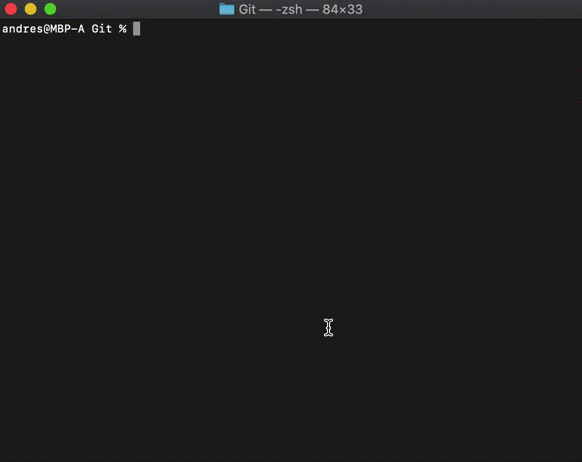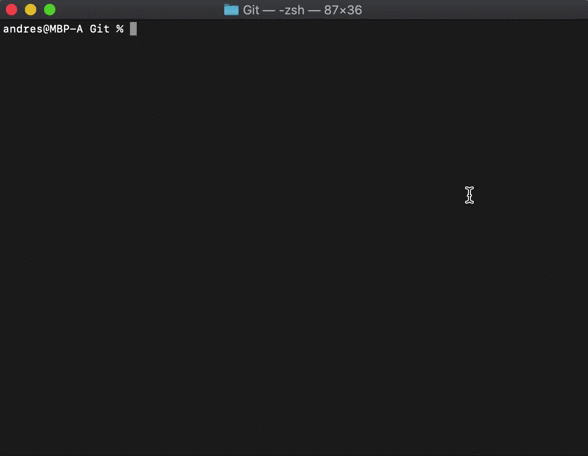NOTE: FROM VERSION 0.0.2 THE ROUTER NEEDS INTERNET ACCESS. If you require to run the exploit without internet access please try version 0.0.1. Find the versions here: https://github.com/acecilia/OpenWRTInvasion/releases
pip3 install -r requirements.txt # Install requirements
python3 remote_command_execution_vulnerability.py # Run the scriptAfter that, a letnet server will be up and running on the router. You can connect to it by running:
telnet <router_ip_address>
- User: root
- Password: none (just hit enter)
The script also starts an ftp server at port 21, so you can get access to the filesystem using a GUI (for example cyberduck).
- MiRouter 4A Gigabit: user ksc91u claims that this method also works on firmware version
2.28.62and2.28.132: OpenWrt forum. - MiRouter 4A 100M (non gigabit): user morhimi claims that this method works on firmware version
2.18.51: OpenWrt forum. User Jeffpeng claims that this method works on firmware version2.18.58: OpenWrt forum. - MiRouter 4C: user Jeffpeng claims that this method works on firmware version
2.14.81: OpenWrt forum. - Mi Router 3Gv2: user Massimiliano Mangoni claims that this method also works on firmware version
2.28.8(message posted in Slack). - Mi Router 4Q (aka R4C): user cadaverous claims that this method also works on firmware version
2.28.48(message posted in Slack), but because the router is mips architecture (not mipsel), he needed to use version0.0.1of the script (the other versions use a busybox binary built for the mipsel architecture that is used to start a telnet sever). - MiWifi 3C: works on firmware versions
2.9.217,2.14.45and2.8.51_INT: OpenWrt forum, OpenWrt forum.
When installing OpenWrt on the Xiaomi 4A Gigabit, there are several options. Note that there isn't a stable release for it yet, which means that the firmware may be unstable:
-
The latest snapshot from OpenWrt:
https://downloads.openwrt.org/snapshots/targets/ramips/mt7621/openwrt-ramips-mt7621-xiaomi_mir3g-v2-squashfs-sysupgrade.bin -
Use a prebuilt image I created myself on
06-06-2020usingimagebuilder. The image is hosted in this repository:- Link:
https://raw.githubusercontent.com/acecilia/OpenWRTInvasion/master/firmwares/OpenWrt/06-06-2020/openwrt-ramips-mt7621-xiaomi_mir3g-v2-squashfs-sysupgrade.bin - sha:
83feed9ff633863acb1f14b61c30029b924fec252c1ed1e4de2a909e52b2d872
- Link:
-
Build your own image with
imagebuilder, using the latest source code onmaster:docker pull openwrtorg/imagebuilder:ramips-mt7621-master docker run --rm -v "$(pwd)"/bin/:/home/build/openwrt/bin -it openwrtorg/imagebuilder:ramips-mt7621-master make PROFILE=xiaomi_mir3g-v2 image -
Other images provided by OpenWrt users (at your own risk): OpenWrt forum
-
Wait until there is a stable release of OpenWrt
If after reading above text you still want to proceed, after login to the router through telnet run the following commands:
cd /tmp
curl https://raw.githubusercontent.com/acecilia/OpenWRTInvasion/master/firmwares/OpenWrt/06-06-2020/openwrt-ramips-mt7621-xiaomi_mir3g-v2-squashfs-sysupgrade.bin --output firmware.bin # Put here the URL you want to use to download the firmware
./busybox sha256sum firmware.bin # Verify the firmware checksum before flashing, very important to avoid bricking your device!
mtd -e OS1 -r write firmware.bin OS1 # Install OpenWrtThis will install the snapshot version of OpenWrt (without Luci). You can now use ssh to connect to the router (and install Luci if you prefer it).
Some users have reported worse WIFI performance in OpenWrt than in the stock firmware. See the following links:
You can find solutions in the following links:
- User albertcp posted a very detailed guide: OpenWrt forum
- User micky0867 has some more comments about the topic: OpenWrt forum
- User hoddy created a video tutorial
- Original vulnerabilities and exploit: UltramanGaia
- Instructions to install OpenWrt after exploit execution: rogerpueyo
- Testing and detailed install instructions: hey07

